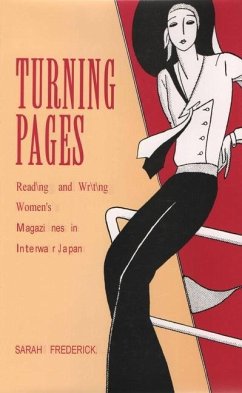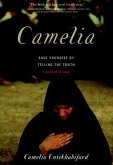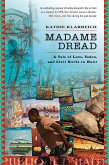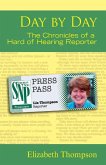"Turning Pages makes a significant contribution to studies of Japanese print culture and to the growing interest in the cultural landscape of the 1920s and 30s in Japan. The scholarship is superb, the writing flows beautifully, and the images from the magazines are wonderfully evocative." --Jan Bardsley, University of North Carolina at Chapel Hill "This important book contributes to our gendered understanding of Japanese modernity. Frederick has insightfully discerned what we need to know in order to situate the rich materials available to researchers in reprint editions of women's magazines. Because so many significant literary works made their initial appearance in women's magazines, Frederick's book allows students and scholars to appreciate as never before the context in which certain works were first read." --Sally A. Hastings, Purdue University By the early 1920s, "ladies magazines" (fujin zasshi) had become a distinct category in Japanese publishing. Women's periodicals increasingly influenced intellectual discourse, the literary establishment, and daily life. Turning Pages makes sense of this phenomenon through a detailed analysis of major interwar women's magazines, especially the literary journal Ladies' Review, the popular domestic periodical Housewife's Friend, and the politically radical magazine Women's Arts. Through a close examination of their literature, articles, advertising, and art, the book explores the magazines as both windows onto and actors in this vibrant period of Japanese history. Turning Pages considers the central place of representations of women for women in the culture of interwar-era Japan and our understanding of Japanese modernity. Taking a holistic approach to the texts and using tools of historical, literary, and cultural analysis, the author examines the triangular relationship among the consumers, the producers, and the texts themselves.
Hinweis: Dieser Artikel kann nur an eine deutsche Lieferadresse ausgeliefert werden.
Hinweis: Dieser Artikel kann nur an eine deutsche Lieferadresse ausgeliefert werden.








